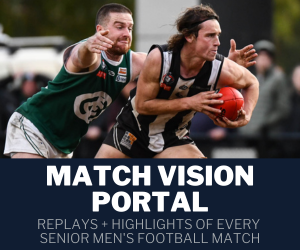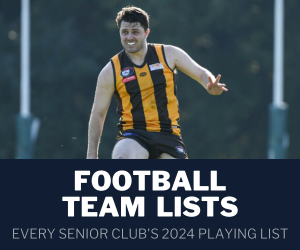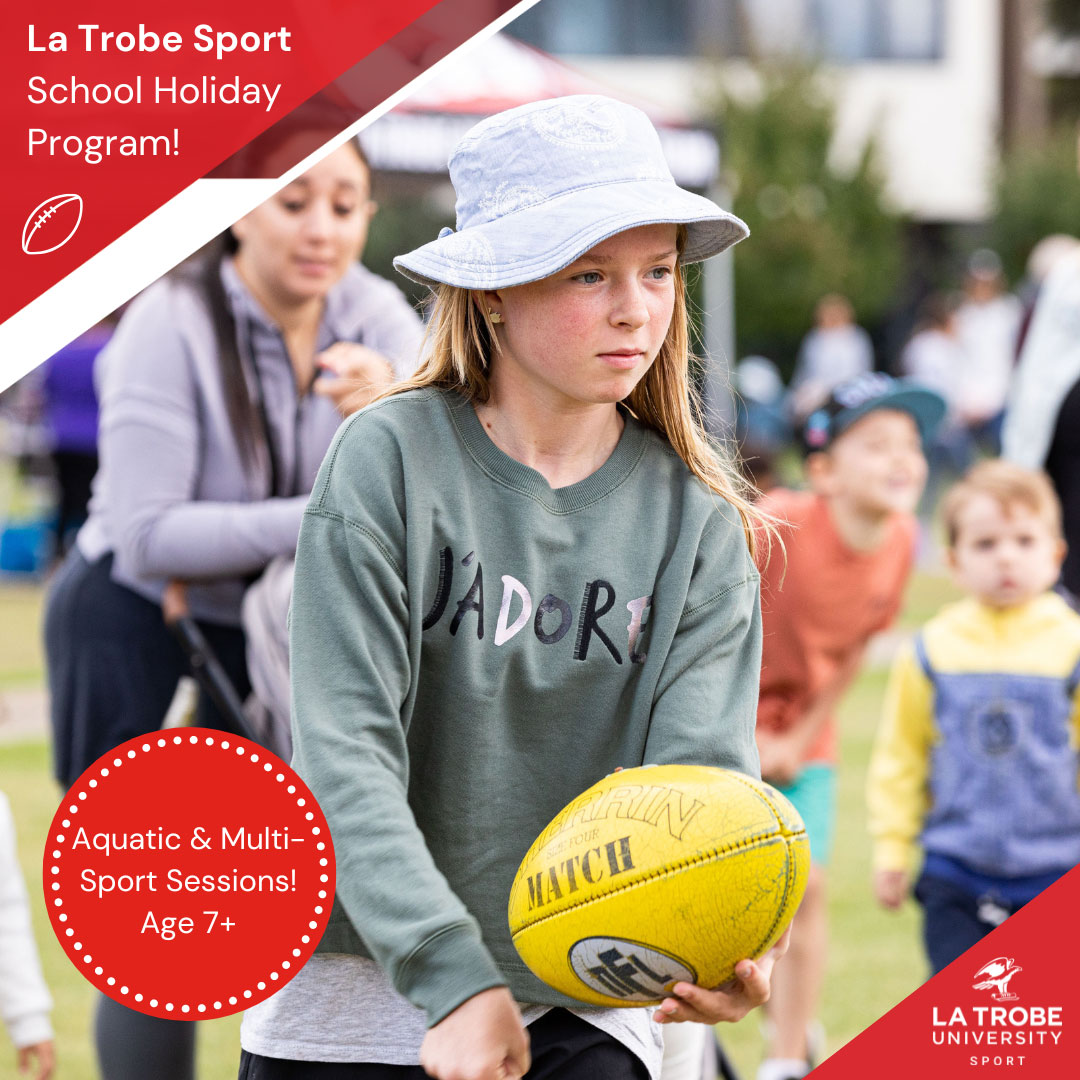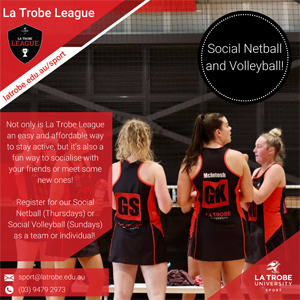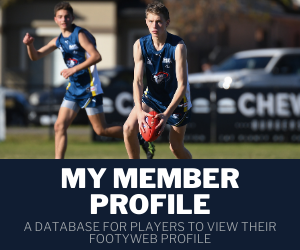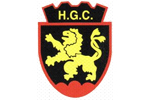New Research Junior Football Club President Brad Johnson is excited to introduce some fresh initiatives that will both aid the club’s girls football program and improve coaching education and development.
This will be Johnson’s first season as Searchers’ president after spending previous years on the club’s committee.
During his first year in the role, Research will have 11 junior teams compete in the clubs 2024 campaign.
It’s an improvement from the eight sides they fielded last season in which seven of those went to play finals and three teams (Under 12 boys, Under 12 girls & Under 16 boys) finished 2023 as premiers.
One of the new side’s the club will enter this year is an Under 10 girls team, which see the Searchers field sides in all five of the NFNL’s junior girls competitions for the first time.
The Under 10’s team is a crucial step in developing the girl’s program according to Johnson, who is thrilled that girls who start playing in Under 10’s has the opportunity to play their entire junior career together at the one club.
“The idea of having an Under 10 girls’ team is probably not too dissimilar to us wanting to have multiple Under 9 Boys teams, we want to close the loop and have enough players to feed all the way through our entire program,” he said.
“We’ve had groups of girls every year playing with the boys, and that’s been successful as well, but the idea of having a standalone group that could essentially play together for their entire junior career is a really significant thing for us to achieve.
“The minute we started talking about it there was an immediate uptake from quite a few kids, families and friends of existing players.”
The club will continue to be strengthened this year by their MoU (memorandum of understanding) with Lower Plenty, with the affiliation of both clubs spanning back to 1995.
And while that relationship will continue to serve benefits to each club in the years to come, Johnson explained that developing their junior football program is the number one priority, helping to explore the idea of creating a senior women’s team.
“We’ve always had a great relationship with Lower Plenty as a pathway for our junior boys to make the journey into senior men’s football. We will continue working closely with them to make sure there’s real visibility for our juniors, so they understand the benefits of that MOU for the Club and our players,” he said.
“Now that we are looking to field an Under 10’s girls’ group in 2024, the natural progression for us is to explore the final piece of the women’s program puzzle, which is a senior women’s program.
“There’s still obviously a lot of work to be done on this, but the idea of creating an environment where girls can start with Research at AusKick and move into Under 10s, and then play with us right through to a senior women squad is definitely something we think is worth exploring.”
A senior women’s side, while exciting for the club, is still a work in progress according to Johnson. But added that being able to facilitate a senior women’s team could help eliminate a major issue facing the Searchers (and many other clubs across the league) in retaining players during the later stages of their junior career.
“The biggest challenge we have… is when girls get to the under 18 age group, there’s a lot of other things going on in their world and kids start to drop away for school, work or social commitments. I think it’s a fairly common issue for most junior clubs in that age group, and for girls in particular,” he said.
“By creating an extended pathway for our Research girls, the aim is to try and avoid the yearly grind of building teams and making sure we’ve got enough players to fill sides.
“Ideally, Research becomes a destination for girls footy because they know we offer a good pathway and we retain our players, that’s the number one goal.”
It’s not just further player development that Research is looking to instil this season, but also coach training and education.
When stepping into the new role, Johnson highlighted his hopes for all coaches to be more adaptable to their playing group’s needs and have an ability and the skills to engage with all players.
“We are seeing an increase in parents telling us that their kids have a neurodiversity diagnosis, such as ADHD, and sharing ways that coaches can better interact with their child,” he said.
“In the past these were the naughty, distracted, disruptive kids in the groups, but we know now that there are lots of simple tools coaches can use to connect with neurodiverse kids, and help them be part of the team and keep them engaged in sport.”
Johnson hopes that with some specialist coach training, a program will be put in place that helps coaches (and players) achieve more from their time together each week.
“There may be many things influencing the kids (and coaches) behaviours each training session or game day. So, the club has engaged a Paediatric OT who specialises in child, family and parent coaching and has 25 years’ experience in neurodivergent affirming therapy,” he said.
“She is putting a program together to upskill our coaches, assistant coaches and team managers, enabling them to work more effectively with all of our kids.
“Our beautiful little club is well known in the community for its family focus, it’s a really supportive and unique environment. This philosophy will now flow through to our playing groups to ensure that all players always feel supported, welcome and engaged and equal in their teams and this will be led by our coaches.
“Our coaches already do an outstanding job coaching football. We had the highest finals and premiership strike rate per number of nominated teams in all of the NFNL in 2023, and this is the direct result of the amazing work put in by our team of coaches. They are league leaders when it comes to coaching football.
“However, our mantra is Research, the family club, and so I’m keen to see us keep an open mind about the needs of all families and all players.”
It’s that family club mantra which Johnson and the Research committee will use to build on the positive energy surrounding the community as the junior football season approaches.
“We have a relatively new committee with lots of younger new generation families in the Research area coming into the club and now onto our committee,” he said.
“The Research Junior Football Club is seeing the benefits of the hard work put in by many of the committee predecessors. Previous presidents Paul Northey and Nic Cochrane, and the amazing committees that served alongside them, as well as the many Presidents and committees before them have all paved the way for our current team to now do our bit for the club.
“Our new committee is an awesome team of the most community minded group of people you will find, and they all have a common goal of creating life-long memories and friendships through football, and maybe a few AFLW and AFL star players along the way.”









